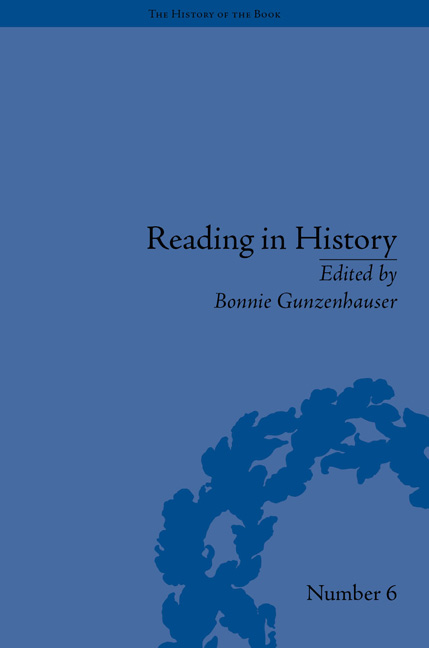Book contents
- Frontmatter
- CONTENTS
- Acknowledgements
- List of Contributors
- Introduction
- Section I Artefactual Methodologies
- Section II Paratextual Methodologies
- 4 Reading and the Visual Dimensions of the Book: The Popular Cold War Fictions of Helen MacInnes
- 5 The Work of Abridgements: Readers, Editors and Expectations
- Section III Institutional Methodologies
- Notes
- Works Cited
- Index
5 - The Work of Abridgements: Readers, Editors and Expectations
from Section II - Paratextual Methodologies
- Frontmatter
- CONTENTS
- Acknowledgements
- List of Contributors
- Introduction
- Section I Artefactual Methodologies
- Section II Paratextual Methodologies
- 4 Reading and the Visual Dimensions of the Book: The Popular Cold War Fictions of Helen MacInnes
- 5 The Work of Abridgements: Readers, Editors and Expectations
- Section III Institutional Methodologies
- Notes
- Works Cited
- Index
Summary
Abridgements are hardly considered suitable material for serious readers. The term conjures up images of books for children, of Reader's Digest issues stacked by the toilet, of Cliff 's Notes for unprepared students, of bowdlerization. Aesthetically, abridgements – shortened, condensed or abstracted versions of longer texts – imply loss: something of the original author's genius has been cut out and removed. As Adam Gopnik recently reflected on British publisher Orion's new series of ‘compact’ editions of the classics: ‘Books can be snipped at, and made less melodically muddled, but they lose their overtones, their bass notes, their chesty resonance – the same thing that happens, come to think of it, to human castrati’. To abridge, here, is to mutilate, to remove a book's cojones. Author Lawrence Block had a similar reaction after the ‘embarrassing’ experience of narrating abridged audio versions of his own works: ‘What sort of book could be cut essentially in half without losing a certain something? The thing is, nobody really likes abridgements. The listeners who don't mind them are generally unaware of how much they're missing.’ Given the stigma on abridgements as lacking ‘that certain something’ – and, indeed, on the ‘unaware’, lazy or immature readers who might like them – the title of this essay might already have given some of my readers reason to put it down before they have even finished its first paragraph. Caveat lector: the following pages take abridgements seriously as objects of scholarly inquiry, by examining their status in eighteenth-century Britain.
Eighteenth-century legal and cultural discourse about abridgements, along with specific abridged texts, certainly provides clues to the values of the historical editors whose operations removed ‘that certain something’ from originally intact texts. But this discourse can also help us understand how historical readers accessed and made meaning from those texts. Leah Price has recently argued that novel abridgements of the late eighteenth and nineteenth centuries, by trimming away excessive modes of discourse and digressions and focusing on plot, demonstrate contemporary concerns with differentiating ‘efficient readers’ from ‘lazy’ ones and fostering readerly efficiency by ‘interpellat[ing] a new kind of impatient, plot-oriented reader’.
- Type
- Chapter
- Information
- Reading in HistoryNew Methodologies from the Anglo-American Tradition, pp. 77 - 90Publisher: Pickering & ChattoFirst published in: 2014



